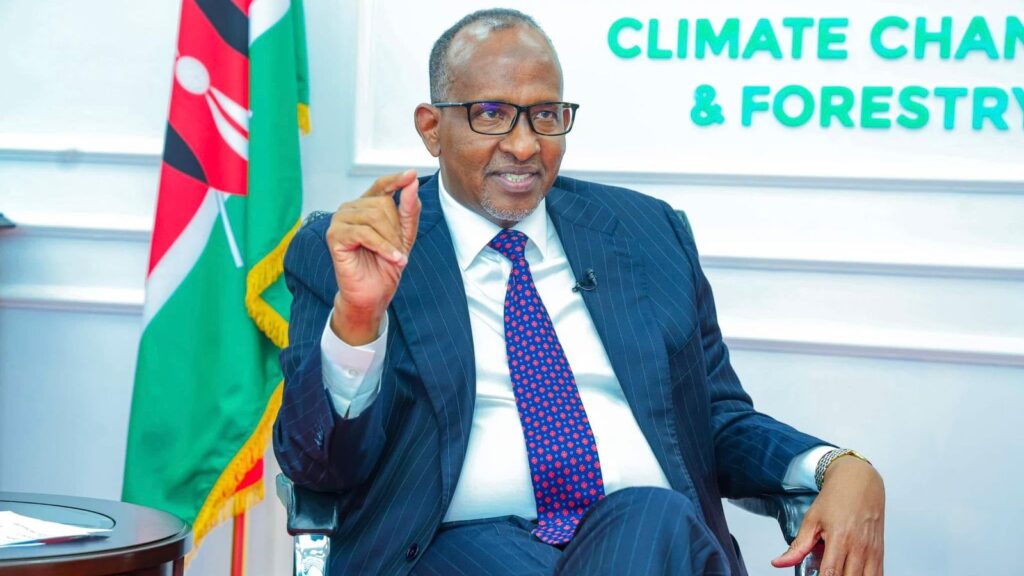Health Cabinet Secretary Aden Duale has officially gazetted 36 medical services that are currently not available in Kenya, forcing patients to seek overseas treatment. The notice, dated September 18, 2025, highlights major gaps in the country’s healthcare system, ranging from specialised surgeries to advanced cancer therapies.
According to the Ministry of Health, many of the missing services involve highly specialised joint and limb replacement procedures. These include wrist, metacarpal and ankle joint arthroplasty, as well as whole, proximal and distal femoral replacements and proximal tibial replacement. Kenya currently lacks dedicated joint replacement centres, mega-prostheses, advanced implants, and adequately trained specialists. The use of allografts is also unavailable due to the absence of a national bone bank.
The gazette notice also listed several transplant and paediatric services missing from the country. These include paediatric liver and kidney transplants, bone marrow transplants, and laryngeal transplants. The Ministry attributed this to underdeveloped paediatric nephrology services, lack of transplant units, and the absence of a legal framework for certain procedures.
Another significant gap lies in intrauterine and foetal interventions. Procedures such as intrauterine blood transfusion, fetoscopy, cordocentesis, and foetal reduction are not offered in Kenya. The Ministry explained that the country has no foetal therapy centres, lacks interventional radiology in maternal-foetal settings, and does not have enough highly trained specialists.
Advanced cancer treatment and diagnostic services also feature prominently on the unavailable list. Therapies such as Peptide Receptor Radionuclide Therapy, Lutetium-177, FAPI PET/CT scans, microwave ablation of tumours, and CAR-T cell therapy are missing due to lack of infrastructure, licensed radiopharmaceutical units, and regulatory frameworks.
Specialised neurological and regenerative treatments, including sacral neuromodulation, nerve ablation therapy, neural regenerative therapy, and proton therapy, are similarly unavailable.
The Ministry said the list was prepared in consultation with stakeholders, in line with the Social Health Insurance Regulations, 2024. The gazettement underscores Kenya’s urgent need to invest in infrastructure, training, and policy frameworks to bridge these healthcare gaps.

